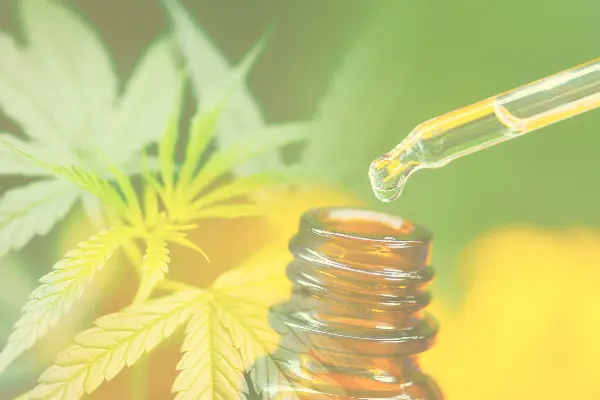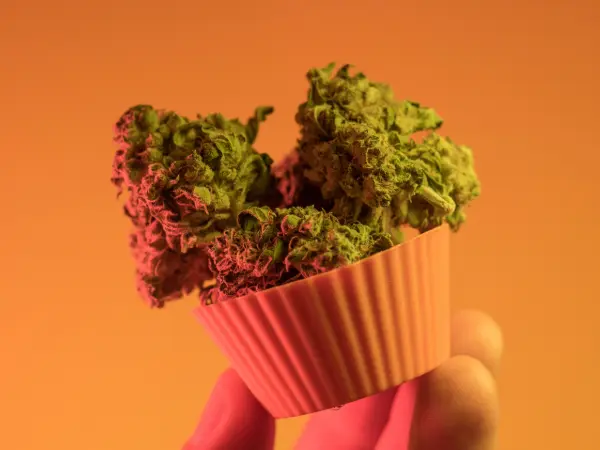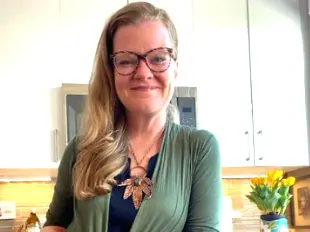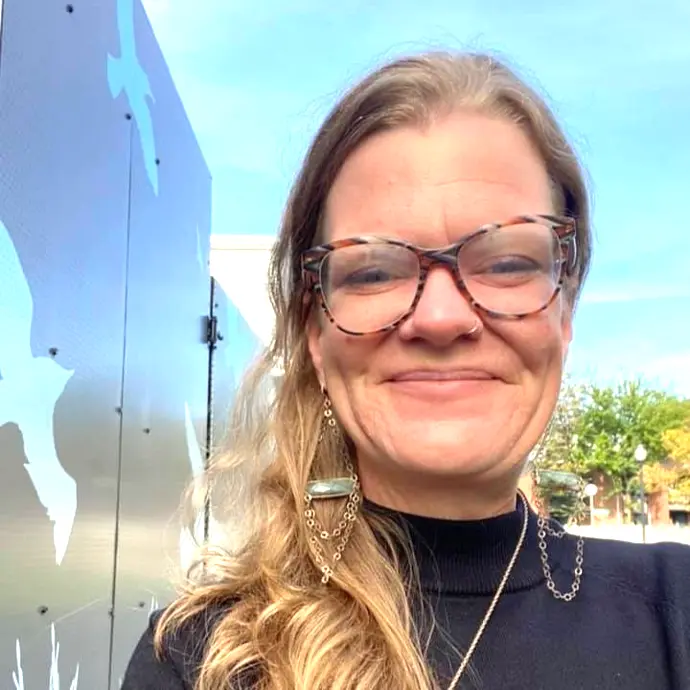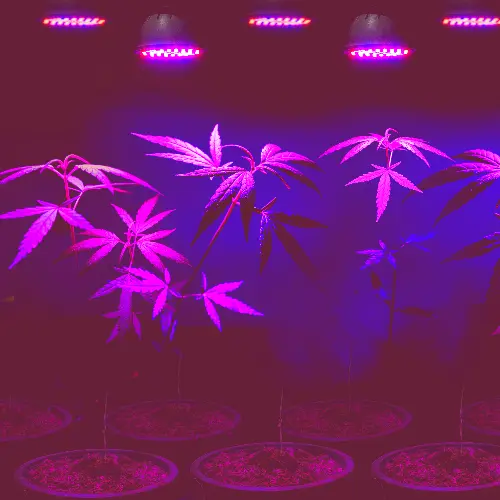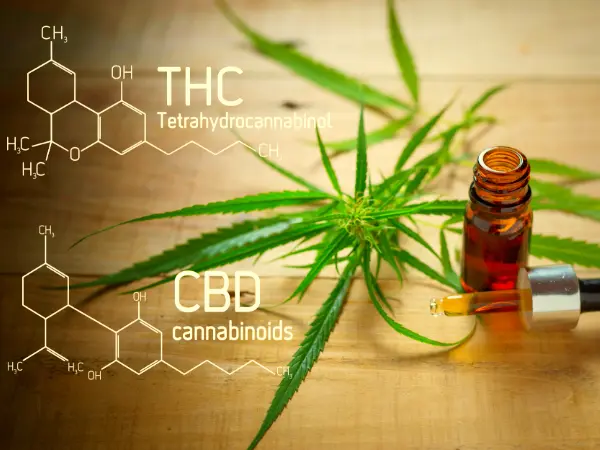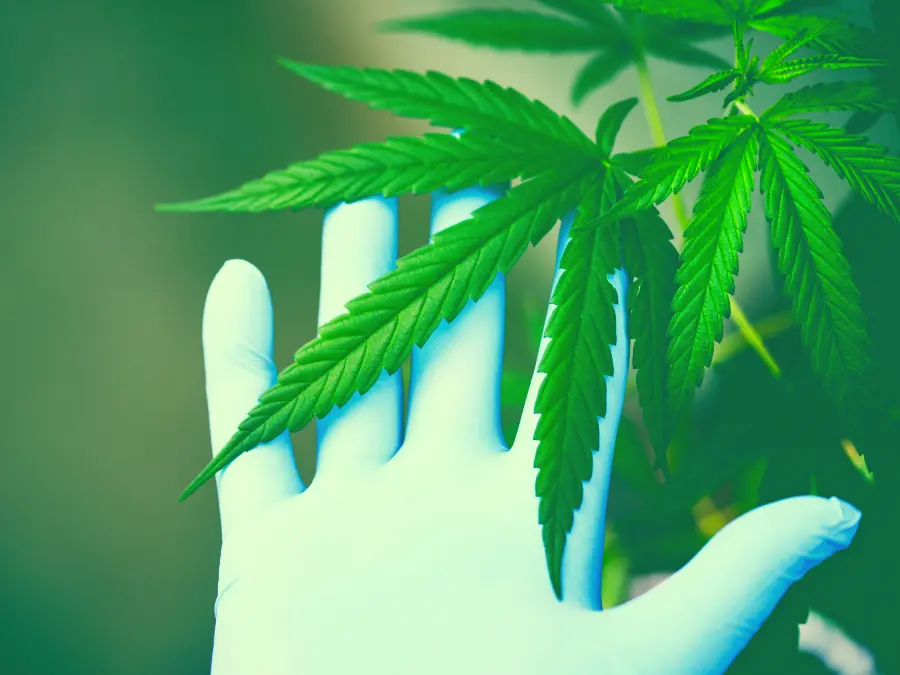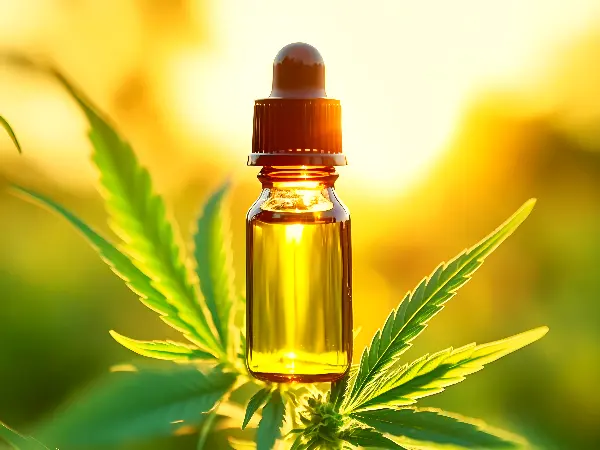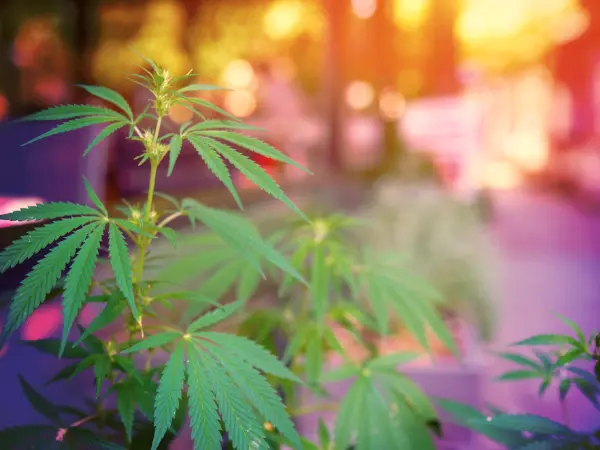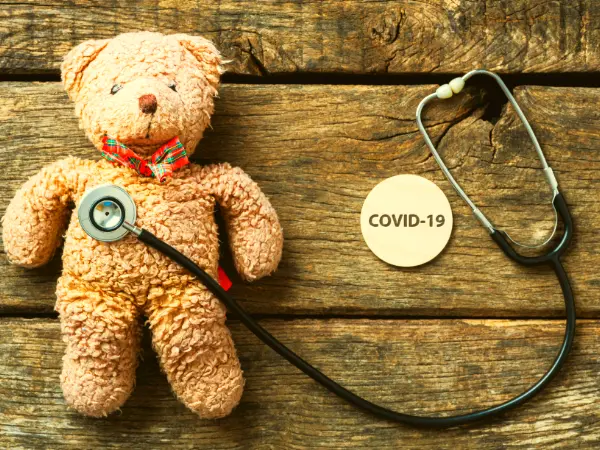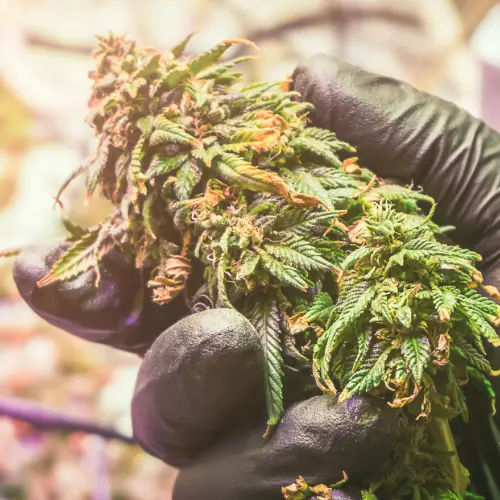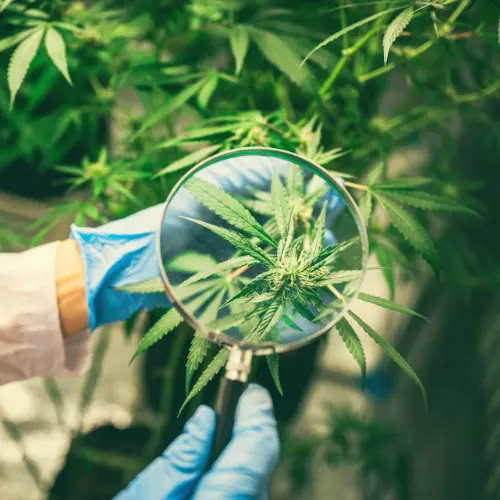Delve into the pioneering insights on cannabis as a viable option to prescription medications with our detailed investigation into the Danish study published in the Harm Reduction Journal. This study was published in July of 2021. With over half of cannabis users turning to the plant as a substitute for conventional medications, explore the shifting dynamics in medical treatment options. From the types of prescription drugs replaced to the user demographics and the potential for significant harm reduction, especially in the opioid crisis, this article sheds light on the evolving landscape of medical cannabis. Explore our analysis of the study's findings, the types of cannabis products used, and the perceived benefits over traditional medications. Uncover the promising yet complex role of cannabis in modern medicine and its implications for policy, healthcare practices, and patient well-being.
Cannabis as an Alternative to Prescription Drugs: Exploring the Potential for Harm Reduction
This article is based on a publication from the Harm Reduction Journal. Check out this original paper here.
Introduction
The use of cannabis as an alternative to prescription drugs has gained increasing attention in recent years, driven by a global shift in perspectives on the medicinal utility of the plant. As the legalization of medical cannabis continues to spread across various regions, more individuals are turning to cannabis-based products as a potential substitute for conventional medications. This trend raises important questions about the motivations, patterns of use, and perceived effects of using cannabis as an alternative to prescription drugs, particularly in the context of harm reduction.
In this article, we delve into the research findings from a study conducted in Denmark, providing an in-depth exploration of the potential benefits and challenges associated with using cannabis as a substitute for prescription drugs. We examine the prevalence of this practice, the types of prescription drugs being substituted, and the impact on overall prescription drug use. Additionally, we investigate the specific cannabis products being used as alternatives, as well as users' perceptions of their efficacy and side effects compared to prescription medications.
Prevalence of Cannabis as a Substitute for Prescription Drugs
According to a survey by Sinikka L. Kvamme et al. published in Harm Reduction Journal, a staggering 54.6% of cannabis users reported using the plant explicitly as a substitute for prescription drugs. This finding aligns with studies from North America, where the substitution of prescription medications is a leading motive among medical cannabis users.
Characteristics of Substitution Users
The study revealed that individuals who use cannabis as a substitute for prescription drugs are more likely to be women, individuals receiving disability pensions or working in reduced employment capacities, and those treating chronic pain or other somatic conditions. Interestingly, the likelihood of being a substitution user was not significantly associated with age, education level, or region of residence.
Types of Prescription Drugs Substituted
Pain medications, particularly opioids like tramadol and morphine, emerged as the most commonly substituted prescription drugs, with 67.2% of substitution users reporting this practice. Antidepressants (24.5%) and arthritis medications (20.7%) were also frequently substituted with cannabis-based products.
Impact on Prescription Drug Use
The reported impact of cannabis substitution on prescription drug use was substantial. A staggering 38.1% of substitution users reported complete cessation of prescription drug use, while 45.9% reported a substantial decrease in their consumption of prescribed medications. This finding aligns with studies from North America, where medical cannabis has been associated with a significant reduction in prescription drug use, particularly for opioids.
Types of Cannabis Products Used as Substitutes
Across most prescription drug categories, CBD oil emerged as the predominant form of cannabis used as a substitute, with 65.2% of substitution users reporting its use. However, for individuals substituting antipsychotics, the use of high-THC products, such as "hash, pot, or skunk," was more prevalent.
Perceived Effects and Side Effects
Remarkably, 65.8% of substitution users found cannabis to be much more effective than prescription drugs in treating their conditions. Moreover, an overwhelming 85.5% reported that the side effects associated with cannabis were much less severe compared to those experienced with prescription medications. These findings suggest that users perceive cannabis as a safer and more effective alternative to conventional pharmaceutical treatments.
Potential Benefits and Harm Reduction Implications
The use of cannabis as a substitute for prescription drugs, particularly opioids, has been proposed as a valuable harm reduction strategy in combating the ongoing opioid crisis. Cannabis has been shown to be effective in treating chronic pain in adults, and unlike opioids, it has no reported deaths due to overdose, as acute effects do not depress respiratory function.
Additionally, the non-psychoactive component of cannabis, CBD, has garnered significant interest as a potential target for opioid use disorder due to its modulatory effect on the endocannabinoid system and broader therapeutic range compared to THC.
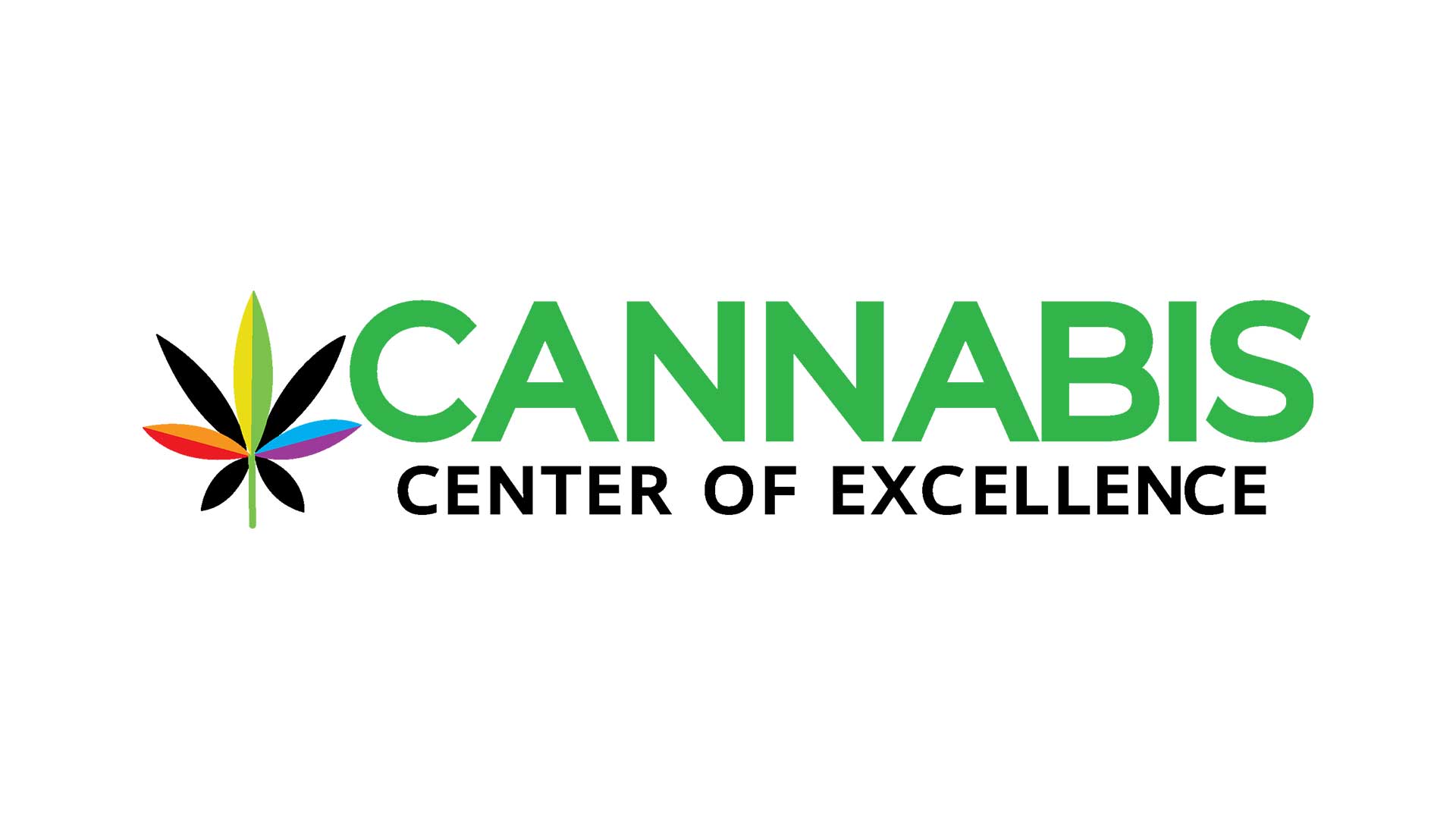
Potential Risks and Challenges
While the potential benefits of cannabis as an alternative to prescription drugs are promising, there are also risks and challenges to consider. The use of unregulated cannabis products increases the risk of consuming contaminants, such as fungi, bacteria, pesticides, or heavy metals. Furthermore, the use of high-THC products has been associated with increased risks of cannabis dependence, psychosis, and cognitive impairment, particularly when compared to low-THC and high-CBD products.
Conclusion
The use of cannabis as a substitute for prescription drugs is a prevalent practice, driven by a desire for safer and more effective treatment options. While the potential for harm reduction is promising, particularly in the context of the opioid crisis, more research is needed to understand the long-term consequences of using different cannabis products for specific somatic and mental health conditions.
As the legalization and regulation of medical cannabis continue to evolve, it is crucial to address the knowledge gaps and barriers to whole-plant cannabis research. By fostering a deeper understanding of the therapeutic potential and risks associated with cannabis as an alternative to prescription drugs, we can better inform policies, practices, and harm reduction strategies within the healthcare system.
Unlock the Potential: Explore the Cannabis Center of Excellence
If you're interested in learning more about the potential of cannabis as an alternative medicine for harm reduction, we encourage you to explore the resources provided by the Cannabis Center of Excellence. This pioneering organization is at the forefront of research into the therapeutic applications of cannabis and its role in mitigating the harms associated with substance use disorders and other medical conditions.
The Center's groundbreaking study, "Cannabis as an Alternative Medicine for Harm Reduction," offers an in-depth examination of the latest scientific findings and real-world experiences of individuals who have turned to cannabis as a safer alternative to prescription drugs or other harmful substances.
By visiting the Cannabis Center of Excellence's website, you can access this comprehensive study, as well as a wealth of educational materials, research publications, and information on upcoming events and initiatives. We have an upcoming event featuring Dr. Marion McNabb and Dr. Peter Grinspoon. The event covers their findings for the study, "Cannabis as an Alternative Medicine for Harm Reduction."
Join the growing community of healthcare professionals, researchers, policymakers, and advocates working to unlock the full potential of cannabis as a harm reduction tool. Explore the Cannabis Center of Excellence today and be a part of the movement to promote safer, more effective, and compassionate approaches to healthcare.
Need Help Conducting a Study? Have a Study to Share? Reach Out!





